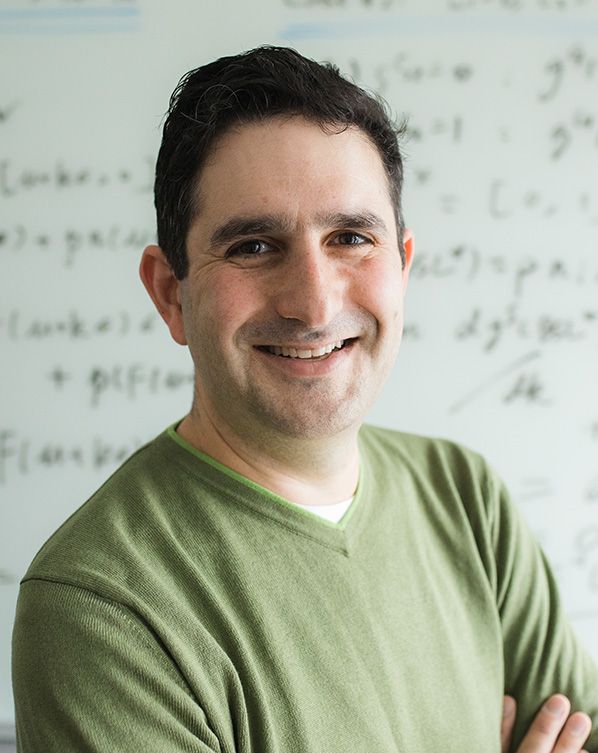Industrial and systems engineering professor Larry Snyder was recently featured in Futurum, a UK-based magazine and online platform aimed at inspiring young people to follow a career in the sciences, research, and technology.
The article, “From platinum to smartphone: How maths models can be used to streamline supply chains," describes how Professor Snyder uses operations research to build computer models that can optimize and protect “the sequence of steps required for a product or service to make it from the development stage to sale.”


“Whenever an organization has a problem with huge numbers of possible combinations or lots of randomness, operations research can help,” says Snyder, whose team has been investigating ways that machine learning can be applied to help make better decisions in supply chains.
“Even though the phrase ‘machine learning’ conjures up images of cyborg butlers and computerised doctors,” he adds, “it’s really just a set of computer programs, or algorithms, which help computers perform tasks that are traditionally thought of as part of human intelligence.”
Snyder explains that machine learning “a hugely powerful tool for some jobs, and not the right tool for others” and stresses that even though computers are really good at complex calculations, students still need to have a solid footing in mathematics.
“If you want to write a computer program that will design a bridge, you have to understand structural engineering before you can write the program. If you want to write an autopilot program for an aeroplane, you have to understand aerodynamics,” says Snyder. “By the same token, if you want to write a program to solve [mathematical] problems, you have to understand the [math].”
Read more about Snyder and his research in the full article.
This article was produced by Futurum, a magazine and online platform aimed at inspiring young people to follow a career in the sciences, research and technology. For more information, teaching resources, and course and career guides, see www.futurumcareers.com.

